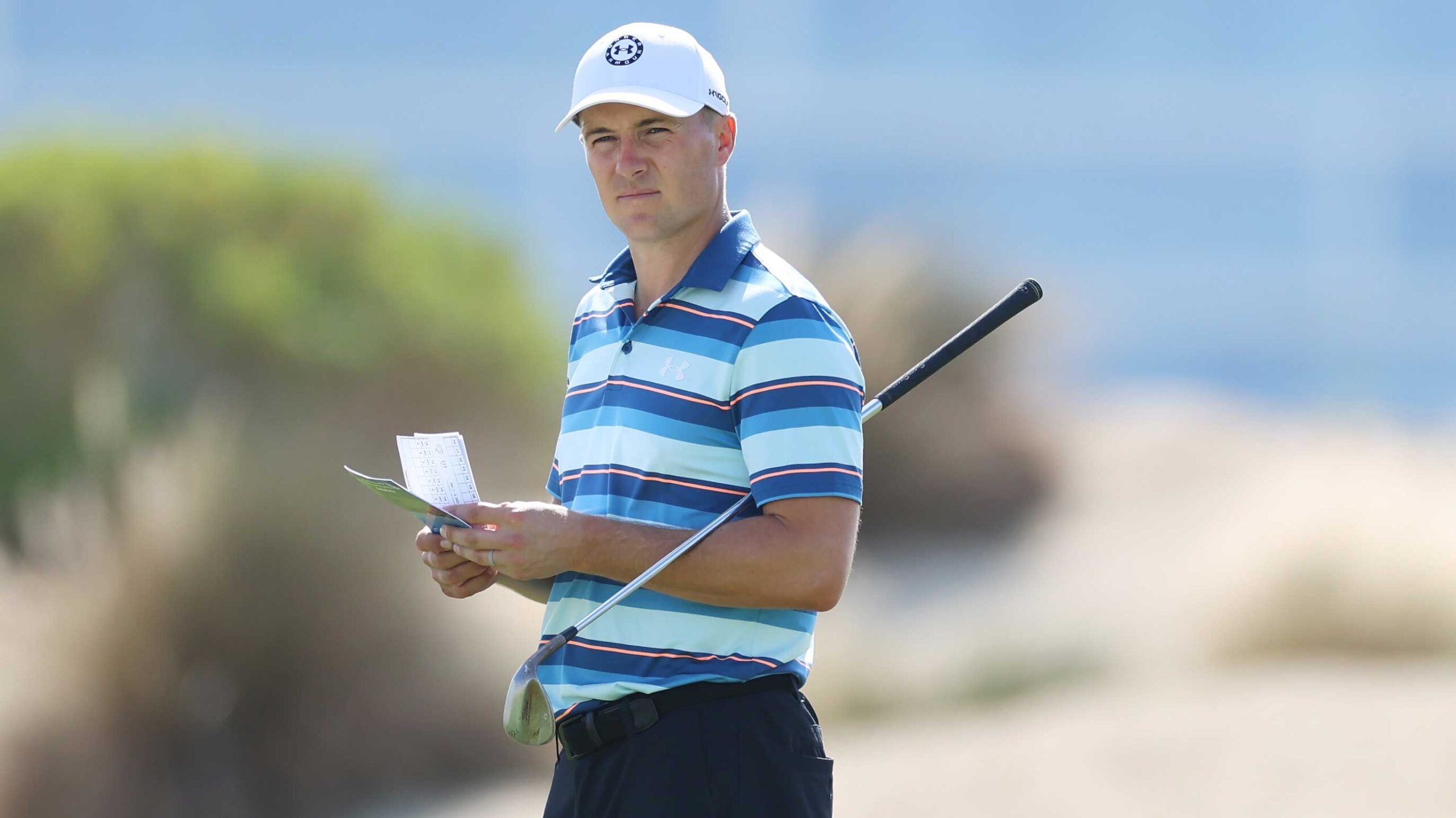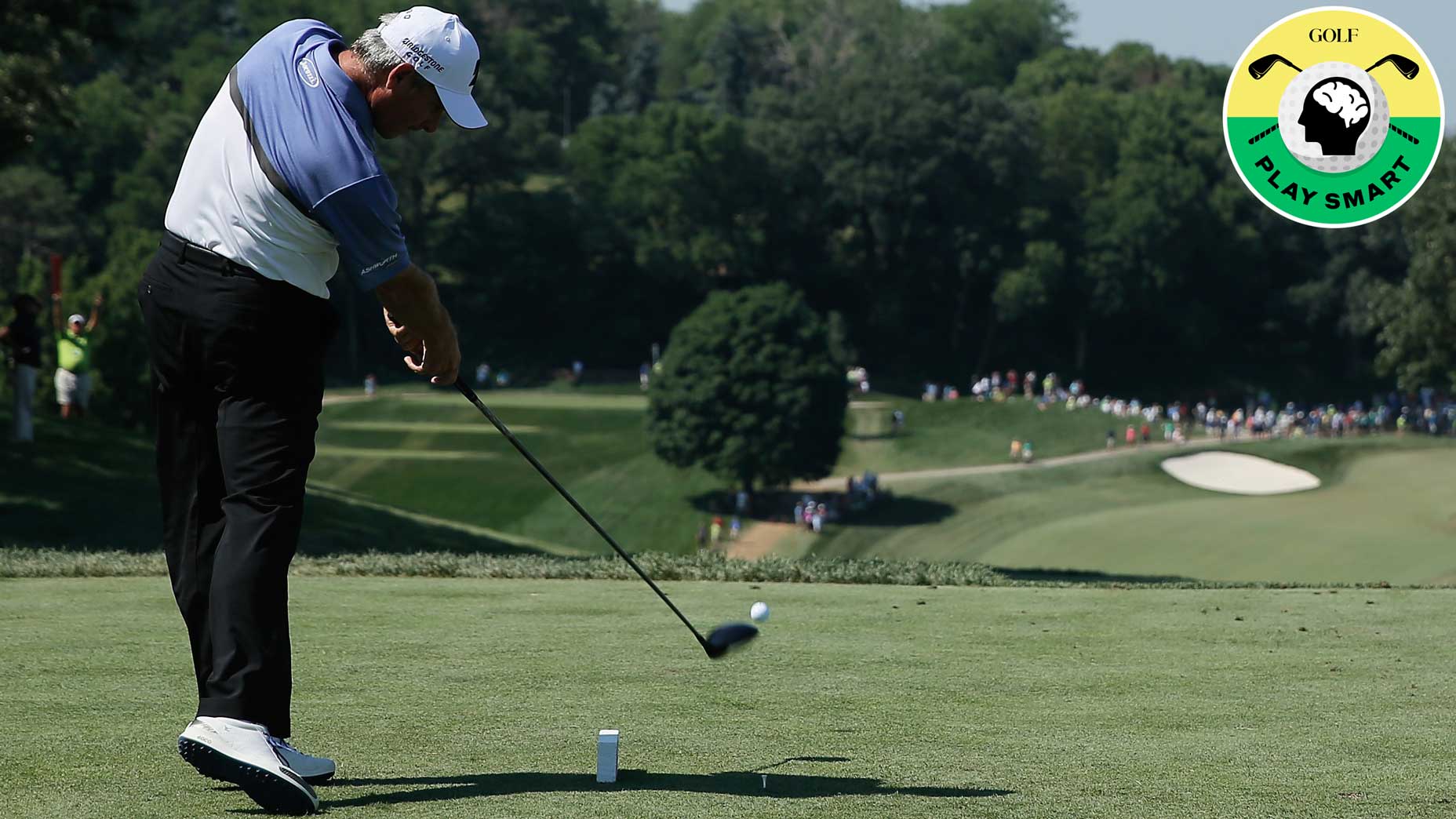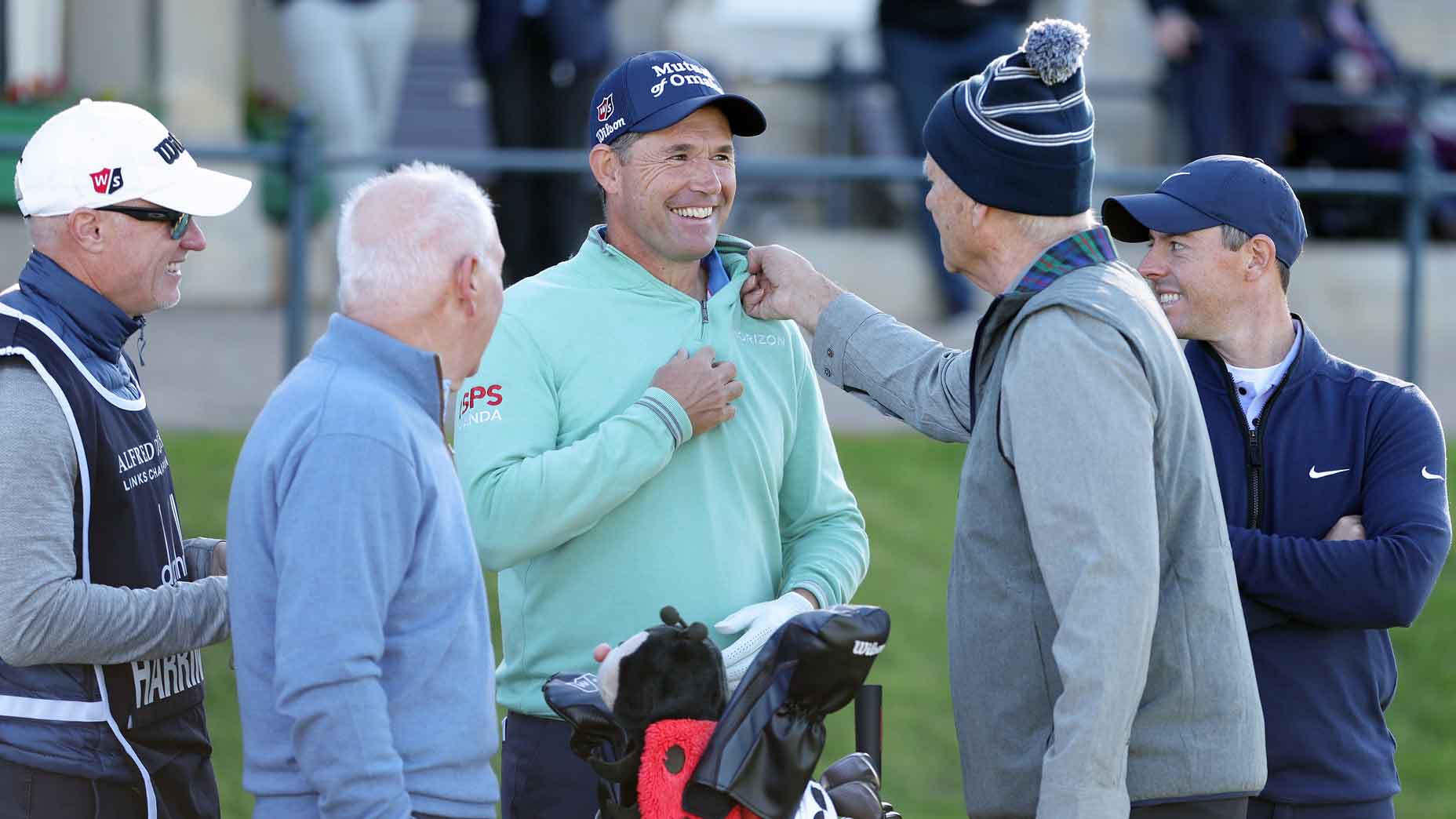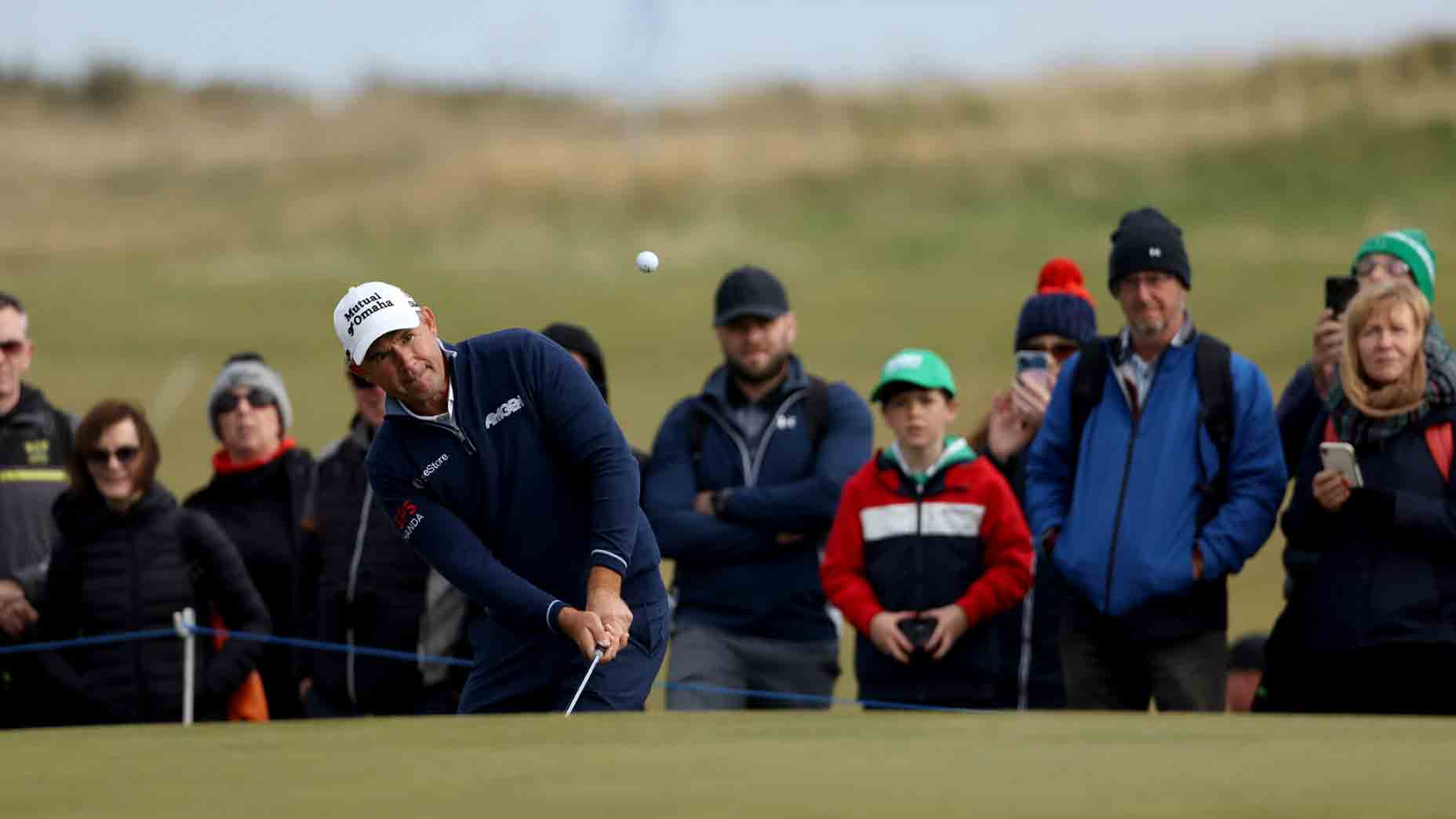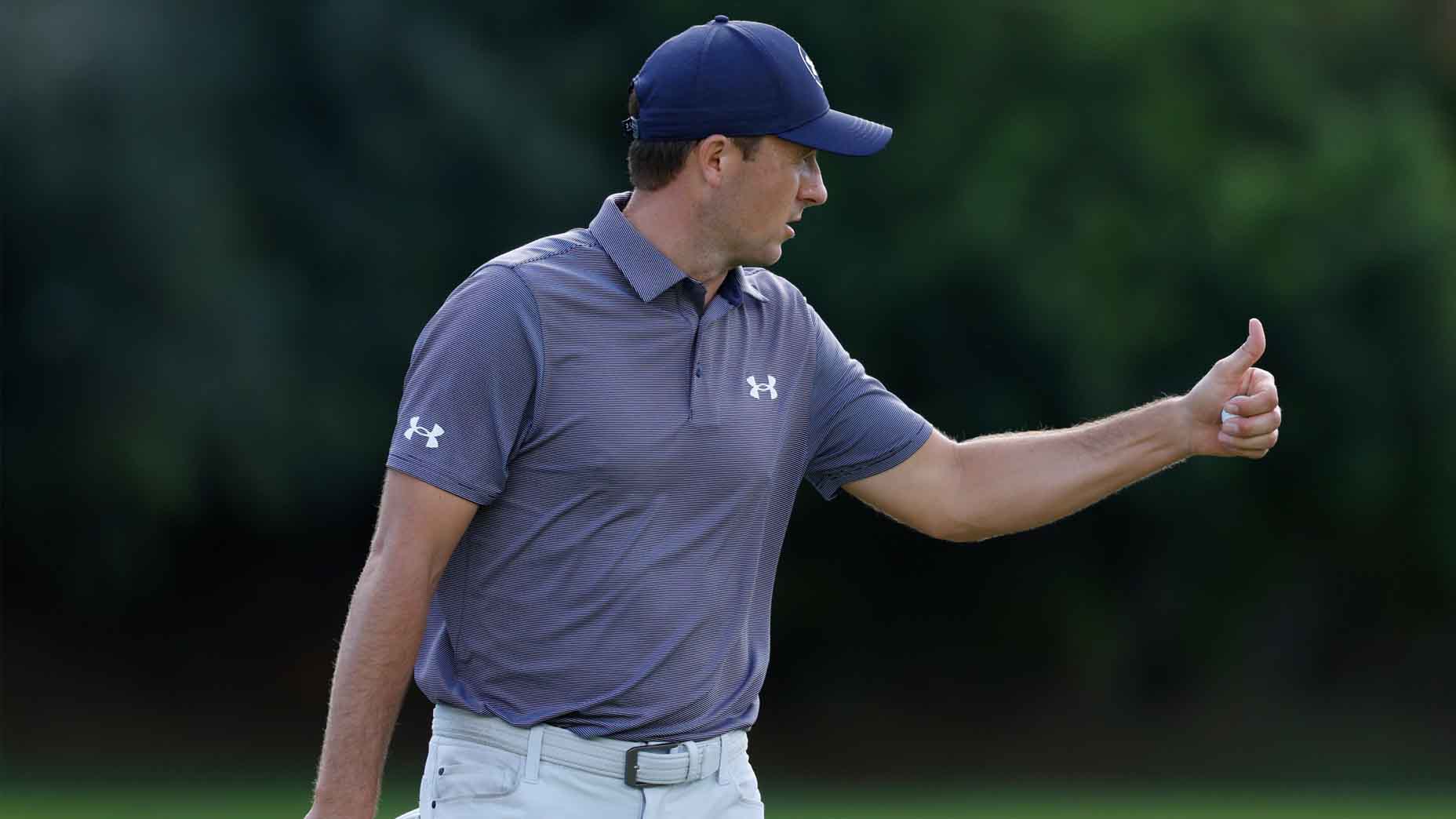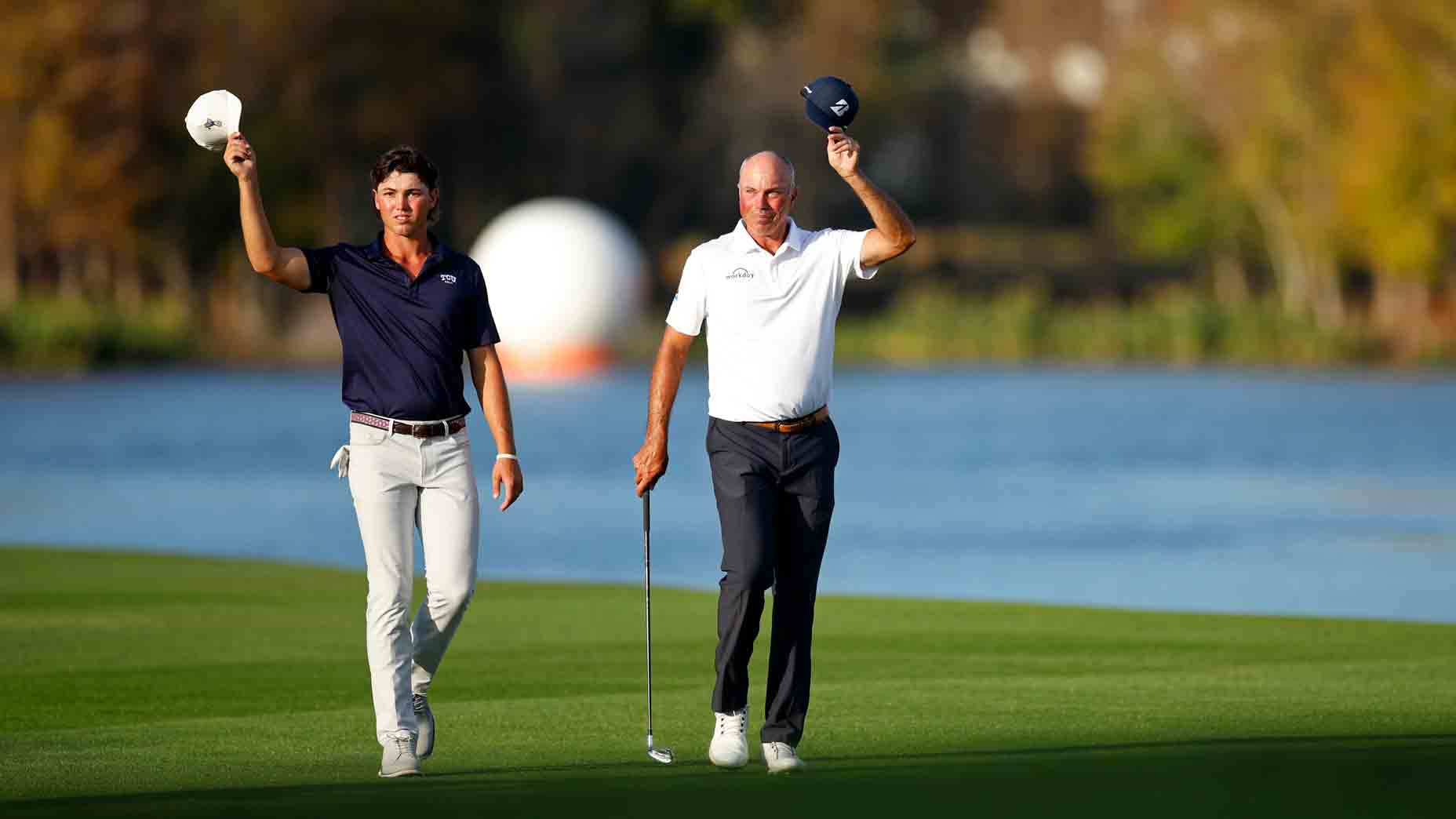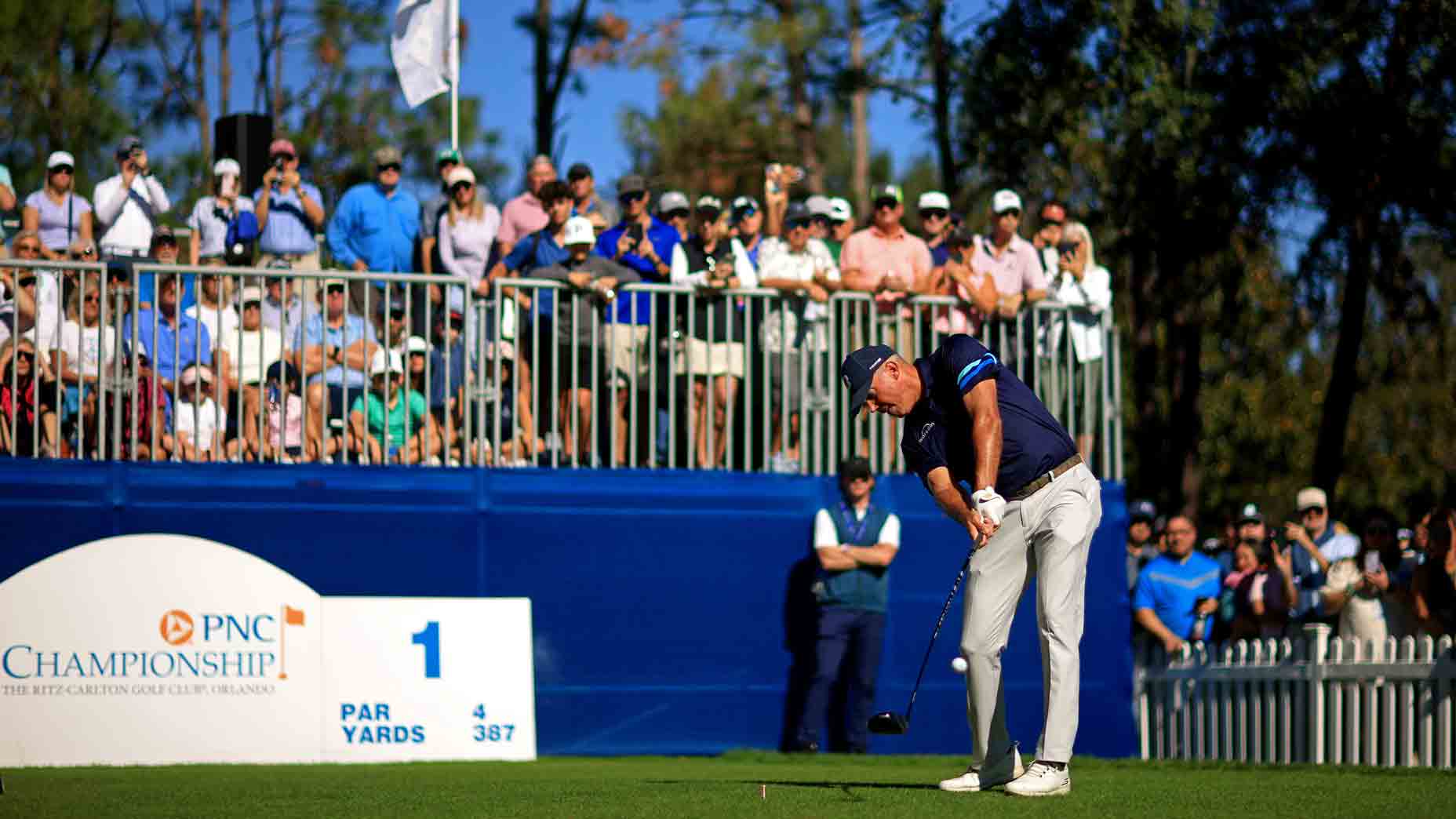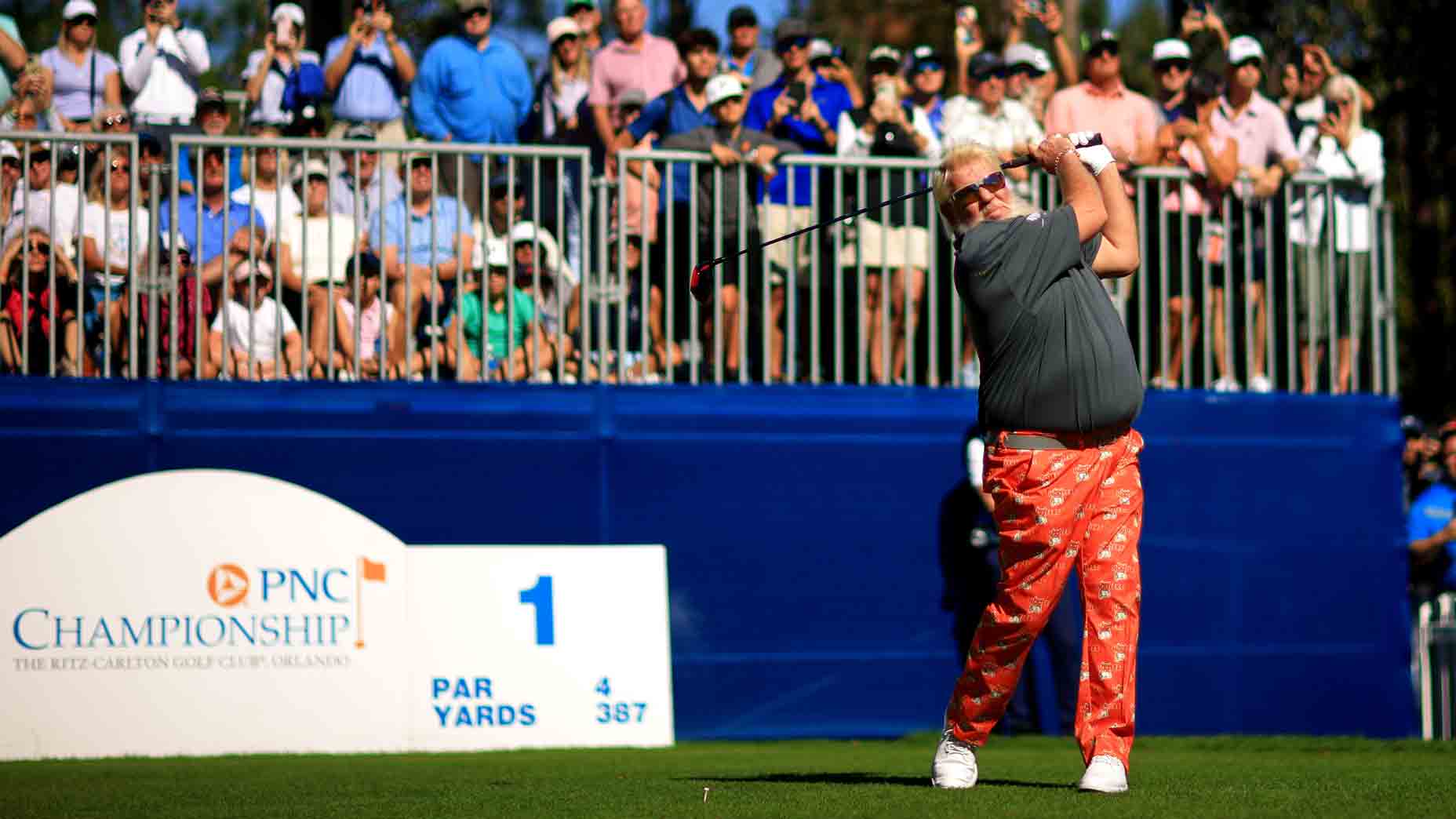Golf may be a game for a lifetime, but playing the best golf of your life? That’s a pursuit for a much shorter period of time, at the highest levels of the game especially.
In the upper rungs of professional golf, where players need not only physical greatness but also mental sharpness and emotional fortitude — and all of it coming together over four rounds — success can be fleeting, and when it does come, it frequently comes in bursts.
Ask Vijay Singh, who won half of his 34 career PGA Tour titles in the 31-month stretch from January 2003 to July 2005. Or Jimmy Walker, who won five of his six PGA Tour titles, including a major, in the 31 months from January 2014 to July 2016. Or Jordan Spieth, who won 10 of his 13 Tour titles, including three majors, in the 28-month period from March 2015 to July 2017.
Fred Couples explains the key to hitting the ball straight every timeBy: Zephyr Melton
Spieth has won just twice since that torrid run, although his game has been trending up again, as was pointed out to Padraig Harrington on Thursday at the PNC Championship. “You’ve seen a lot of guys that have lost form and do and don’t climb out,” Harrington was asked. “How much respect do you have for a guy who kind of finds it again?”
Harrington called Spieth an “absolute outlier,” because most pros have one exceptional run in them and only one.
“You got 20 years of a golfing career,” Harrington began, yet players can expect to be consistently competitive for only about 10 of those years. And in that stretch, Harrington said, pros have “three or four years to build up, then you play your seven, eight years.”
That’s seven or eight years of really good golf.
But then there’s one more level, Harrington said, when players’ games come together like no other time in their careers, aka their peaks.
“You have a two-year period where you peak,” Harrington said. “You have two seasons, 18 months, where you’ve peaked. And you could go to everybody’s career, they have two seasons, 18 months, where they play above themselves. And, of course, once you’ve done that, it’s very hard to live up to it, because not only are you trying to live up to the best you played, you’re trying to live up to the best you thought you played.”
Heavy stuff, right? And here, Harrington cited his own career. Harrington is best known for winning three majors in 13 months (from July 2007 to August 2008) but actually identified his peak, in terms of his form, as 2009-11, when he went winless. “I didn’t have the results,” he said. “Maybe I was getting in my own way.”
Then Harrington circled back to Spieth, who has won once in each of the last two years, went a spotless 5-0 at the Presidents Cup and ascended back to No. 14 in the world ranking.
Padraig Harrington played with amateurs for a week. He found 2 key takeawaysBy: Nick Piastowski
“What I do like with Jordan is he’s coming back,” Harrington said. “That’s very unusual — very unusual to have that peak and then to have another one. It’s quite a testament to him.
“And maybe the guys seem to have the peaks earlier in their careers now … When I came out, you still had to learn, you weren’t allowed to win a major. The young guys now, they’re having their peaks earlier, maybe they can have a second one, a second go at it.”
Tricky thing with peaks, as any stock-market investor will tell, is that it’s hard to know you’re in one until it’s over. Has Rory McIlroy peaked? Or Scottie Scheffler? How about Collin Morikawa? Harrington does not believe Justin Thomas has hit his skill threshold, which for Thomas’ competitors would be a scary reality.
“I don’t think J.T. has had his two years, his 18 months,” he said. “He actually could end up with six or seven majors at the end of his career, or whatever, because the slow burn is better for a long career. A quick run is just hard to live up to.”
That would make Thomas, like his pal Spieth, an outlier.
“Pick a player, you’ll see it,” Harrington said. “Maybe it was made a major, Ryder Cup, maybe won two or three tournaments that year. Maybe he just kept his card for two years. Everybody seems to have that run. And I don’t know if it’s because you played your best, but it’s because you’re always comparing yourself to an unrealistic version of yourself.”
Pro golfers, they’re just like us.
